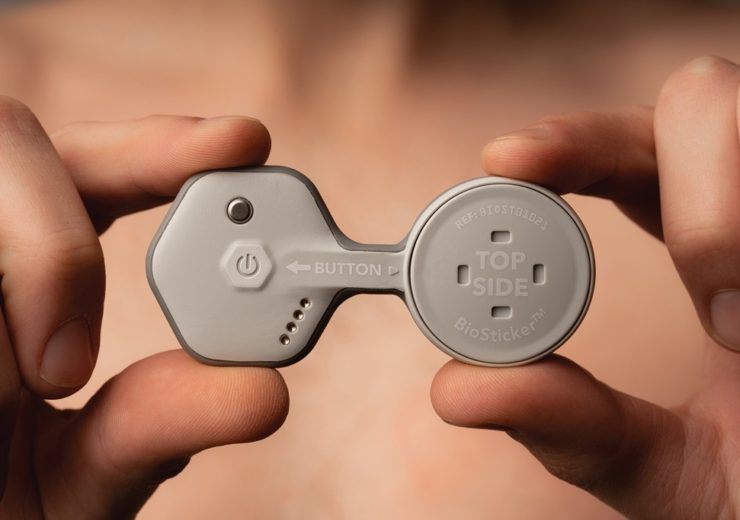Philips will integrate the BioIntelliSense FDA-cleared BioSticker sensor as part of its remote patient monitoring solutions for patients outside the hospital

Philips, BioIntelliSense integrate remote patient monitoring solutions. (Credit: Koninklijke Philips N.V.)
Royal Philips has partnered with BioIntelliSense to integrate the latter’s BioSticker device into its remote patient monitoring (RPM) offering to monitor at-risk patients from the hospital into the home.
The integration will add multi-parameter sensors to the Philips’ solutions, and enables clinicians to monitor patient populations living with chronic conditions, including diabetes, cancer, congestive heart failure and more, in their homes.
Royal Philips connected care chief business leader Roy Jakobs said: “With more patients interacting with their doctors from home and more hospitals developing strategies to virtually engage with their patients, remote patient monitoring is now, more than ever, an essential tool.
Building on Philips’ global leadership in patient monitoring, which includes an extensive suite of advanced monitoring solutions, platforms and sensors, this is the latest example of our capability to allow more seamless, cloud-based data collection across multiple settings from the home to the hospital and back into the home.”
BioIntelliSense BioSticker will be integrated with Philips’ remote monitoring solutions
Philips said that remote patient monitoring and telehealth-enabled clinical programs will enable care teams to manage patient populations with chronic or complex conditions at home, and play crucial role in supporting care for Covid-19 patients.
The collaboration is said to empower care teams in the US by transmitting patient data for critical insights into a patient’s condition. The single-use BioSticker sensors, integrated with the Philips’ remote monitoring solutions, will prevent the need for interaction in person.
The BioSticker is a single-use, FDA 510k approved class II wearable medical device designed for at-home continuous passive monitoring with minute level data across a broad set of vital signs, physiological biometrics and symptomatic events, for up to 30 days.
The sensor is capable of monitoring symptomatic events including skin temperature, resting heart rate, resting respiratory rate, body position, activity levels, and cough.
In addition, symptoms which are directly associated with Covid-19 including temperature and respiratory rate, can also be remotely monitored in confirmed cases of Coronavirus and also for patients suspected of having Covid-19.
BioIntelliSense founder and chief executive officer James Mault said: “Multi-parameter sensors are the natural next phase for remote monitoring, especially at a time when more patients are engaging with their physicians from home. Clinicians need medical grade monitoring and algorithmic clinical insights for Covid-19 exposure, symptoms and management.
“Accelerated by the COVID-19 crisis, the practice of medicine has been irreversibly enlightened as to the safety and efficacy of virtual care. Philips is a demonstrated leader in remote patient monitoring, and we look forward to BioIntelliSense’s technology playing an integral role in simplifying and enhancing outcomes for patients and their doctors.”
